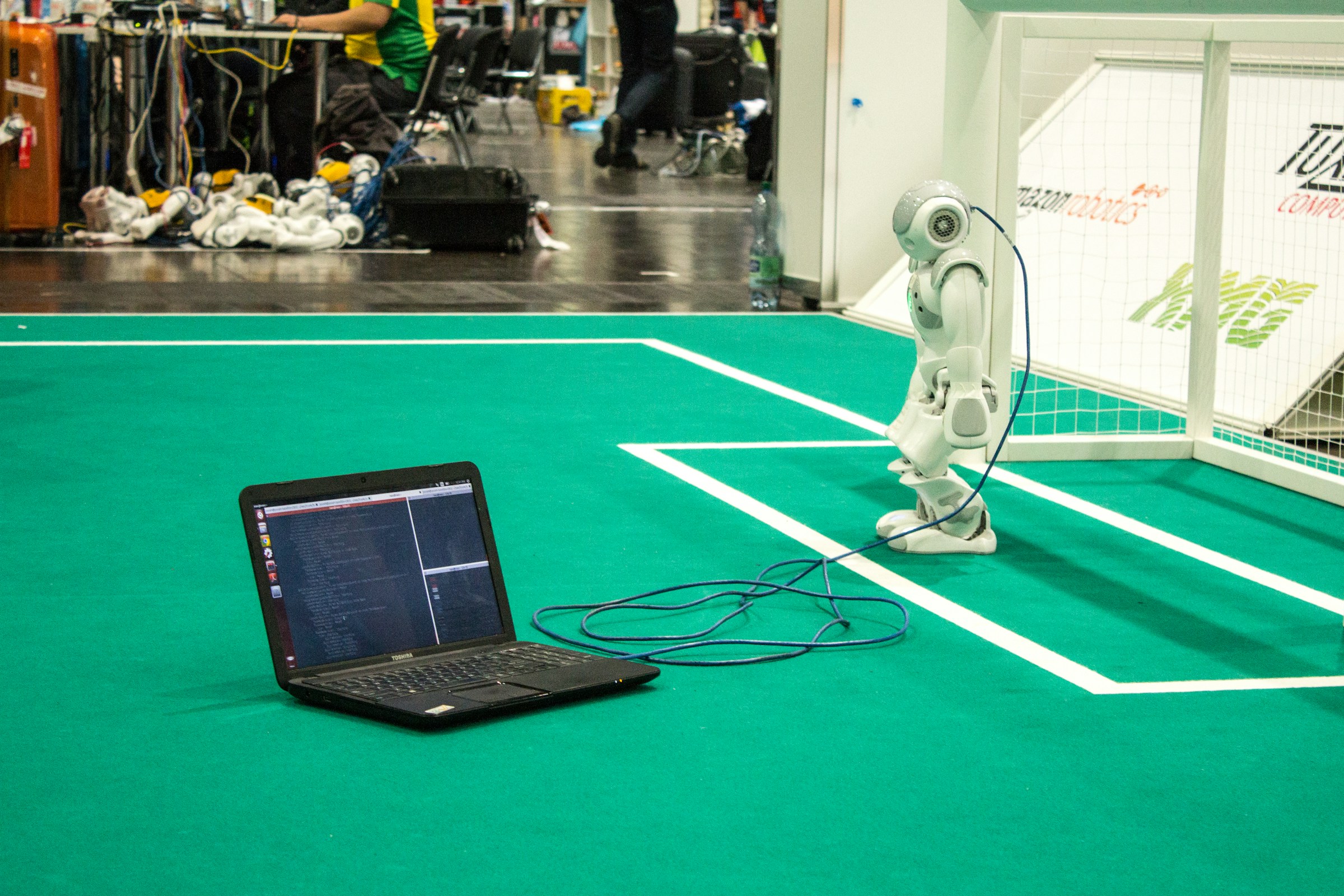What are the benefits of using neural networks to generate realistic NPC dialogues?

In the ever-evolving landscape of the gaming industry, the pursuit for more immersive experiences is ceaseless. Developers are continually seeking novel ways to enhance the game environment, and one crucial aspect is the Non-Player Characters (NPCs). Traditionally, NPCs' actions and dialogues are pre-programmed by developers, limiting their spontaneity and making them predictable. However, with advancements in artificial intelligence and machine learning, new avenues have opened up in NPC development. In particular, the use of neural networks to generate realistic NPC dialogues is gaining momentum. This article dives into the benefits of this pioneering approach, exploring the impacts on player experience, game development, and the wider gaming industry.
Enhancing Player Experience
The core of any game is the player, and their experience drives the success of any gaming endeavour. NPCs are often integral to this experience, either as passive bystanders, quest givers, or combatants. The dynamic and engaging interactions they offer can significantly elevate the player's immersion in the virtual world.
Cela peut vous intéresser : How can developers use AI to create more realistic and engaging simulation games?
The use of neural networks in generating NPC dialogues can be a game changer in this respect. Neural networks, based on machine learning algorithms, can analyze vast amounts of data and recognize patterns within it. When applied to NPC dialogues, the technology can learn from existing dialogues across numerous games and generate new, unique dialogues. This results in NPCs who respond dynamically and unpredictably, mirroring real-life interactions more closely.
Enhanced dialogues lead to deeper character development. The NPCs can respond to the player's actions in a more sophisticated and nuanced manner. This unpredictability provides a richer gaming experience, as each interaction brings something new, making the gaming world more vibrant and alive.
Avez-vous vu cela : How can developers create more engaging educational games using AR technology?
Streamlining Game Development
Game development is an intricate process involving various elements, from gameplay mechanics to graphics and character design. NPC dialogues are an integral part of this, but can be time-consuming and challenging to develop, especially for games with complex narratives and a vast number of NPCs.
Neural networks can potentially offload a significant workload from the developers. By learning to generate dialogues based on existing data, the neural networks can produce the required dialogues autonomously. This allows developers to focus their creativity and resources on other aspects of the game, optimizing the game development process.
Moreover, neural networks can provide real-time adaptability. The dialogue system can be updated and expanded continuously as the neural network learns and evolves. This dynamic feature can keep the game fresh and engaging, promoting replayability.
Building More Dynamic Characters
Characters define the charm of a game. The more relatable and dynamic a character is, the more it resonates with the players. Traditionally, NPCs lack this dynamism, often limited to repetitive scripts. Their behavior is typically static, with actions based on a set of pre-programmed instructions.
However, neural networks can revolutionize this aspect. By generating realistic dialogues, NPCs can exhibit more organic behavior, responding in ways that mirror real-life personalities. This dynamic behavior creates more engaging and memorable characters, enriching the overall gameplay for players.
Reshaping the Gaming Industry
The application of neural networks in NPC dialogue generation is not just beneficial for individual games, but can reshape the entire gaming industry. The technology can set a new standard for NPC interactions, making them more engaging and realistic.
It also opens up opportunities for new game genres. For example, narrative-driven games can employ these advanced NPCs to create more complex and branching storylines, offering players an unprecedented level of immersion and engagement.
Moreover, it can change the competitive landscape. Games with neural network-generated dialogues can redefine player expectations, pushing other developers to adopt similar technologies, encouraging innovation, and driving the industry forward.
Implications for Future Game Development
As we look to the future, the implications of neural networks in generating NPC dialogues are immense. They go beyond just making games more entertaining. These technologies can cultivate a new era in game development, pushing the boundaries of what is possible within virtual environments.
However, it is not just about the technology, but how it is applied. Developers need to balance the use of neural networks with the essence of their game, ensuring it enhances the player experience without overshadowing other elements.
The potential of neural networks is vast, but leveraging it effectively requires careful thought and planning. As the technology matures, we can look forward to more dynamic, engaging, and immersive gaming experiences. And as we stand on the cusp of this new era, it is clear that the future of gaming is bright, promising, and full of exciting possibilities.
The Role of Deep Learning in NPC Behavior and Decision Making
The sphere of influence of deep learning and artificial intelligence spans beyond just creating realistic dialogues. These technologies are revolutionizing the way NPCs behave and make decisions, contributing to a more immersive gaming experience.
Typically, NPCs follow a predetermined set of instructions for their behavior and decision making. This makes their actions and reactions highly predictable, which can detract from the feeling of realism in the game. With the application of neural networks, however, this dynamic can be significantly transformed.
By utilizing deep learning algorithms, NPCs can analyze and learn from a multitude of player actions and behavior patterns in real-time. This allows them to adapt their actions and dialogues based on the player's unique gameplay style. For instance, an NPC might react differently to a player who takes a diplomatic approach compared to one who prefers direct confrontation.
This adaptability creates a more engaging and dynamic gaming environment. Players can anticipate a variety of responses from NPCs, leading to more unpredictable and exciting gameplay experiences. It also makes the game more replayable, as different player actions can lead to different responses and outcomes, thereby enhancing the overall player experience.
The use of neural networks also extends to procedural generation in game development. NPCs can be designed to respond to changes in the game environment, leading to more dynamic and evolved gameplay experiences.
In a nutshell, the integration of neural networks and machine learning in NPC development marks a new era in the gaming industry. As technology advances, the potential to create more dynamic and lifelike NPCs becomes increasingly plausible. It's not just about enhancing dialogues but transforming the entire spectrum of NPC behavior and decision making.
The application of artificial intelligence can result in NPCs that are not just participants in the game but are interactive and integral elements of the gaming narrative. The introduction of neural networks can elevate the player characters' interaction with NPCs, making it more dynamic and reflective of real-world interactions. Therefore, the benefits of neural networks are not just constrained to the player’s experience but also extend to streamlining game design and development.
The challenge for game developers now is to harness the power of neural networks while maintaining the essence of their games. As we continue to explore the potential of artificial intelligence in game development, one thing is clear - the future of gaming promises to be more immersive, engaging, and thrilling than ever before. And NPCs, powered by neural networks, are set to be at the forefront of this exciting revolution.
